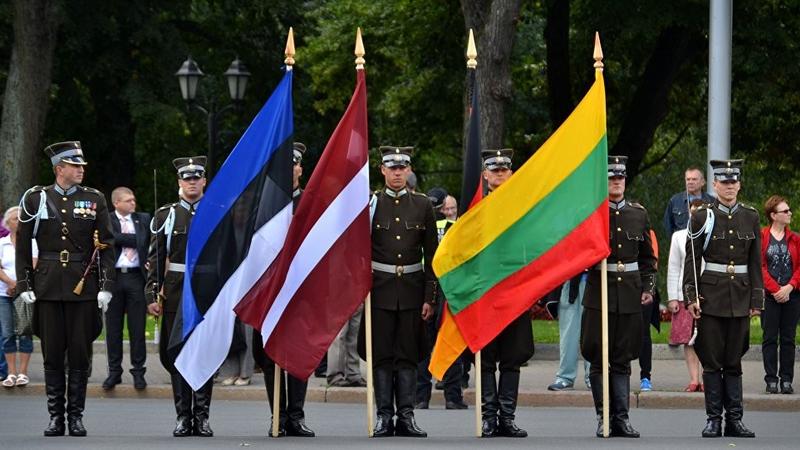Hundreds Killed in Massacre at Sudanese Hospital, W.H.O. Warns

© Airbus Ds 2025/Airbus DS 2025, via Associated Press


© Airbus Ds 2025/Airbus DS 2025, via Associated Press


A Lithuanian anesthesiologist and former health minister spent two and a half weeks in Ukraine's war zones this month, working as a volunteer medic and studying how to prepare Lithuania's health system for potential military threats.
Dr. Aurimas Pečkauskas worked in the eastern Donetsk Oblast near active combat and assisted with medical evacuations, Lithuanian news agency LRT reports.
He describes what Ukrainian medics do daily as "heroic routine"—work that Lithuania must learn from while there's still time.
His third trip to Ukraine came with a clear secondary purpose: learn what Lithuania's health system needs to survive a crisis.
"While Ukraine fights, we have time to prepare," Pečkauskas said. "It's our duty to learn from their experience, so that if necessary, we know what to do."

Each of Pečkauskas's three visits brought him closer to the fighting. His first visit occurred during his tenure as health minister, involving official tours of civilian facilities in Poltava, Lviv, and Kyiv, located relatively far away from the front line.
The second mission took him to Dnipro's Mechnikov Hospital in eastern Ukraine and involved work with TacMed Ukraine, an organization that evacuates wounded personnel from the front.
During his latest deployment, Pečkauskas worked alongside mobile surgical teams operating in close proximity to fighting. He described working in an operating room when three guided bombs struck nearby.
"The walls shake, generators automatically turn on, and the locals calmly state: 'Looks like a five-hundred KAB [aerial bomb] attack,'" he recounted, adding that hours later, four people arrived at reception after a drone strike in the city.
Working near the front brought unexpected clarity. "The closer to the front, the more peace there is," Pečkauskas said.
"The security instinct is never turned off, of course, but when you're there for a clear purpose—to help, to learn, to understand—there's no room left for everyday worries."


The mission involved exchange, not just assistance. Pečkauskas transported medical equipment from the Lithuanian Association of Anesthesiologists-Resuscitators and surgical instruments from Blue / Yellow non-governmental organization supporting Ukraine.
Lithuanian volunteers observed how Ukrainian teams organize patient flows, run evacuation systems, and manage frontline surgical operations.
Pečkauskas noted changes in the conflict's medical dimensions. Increased drone usage has complicated evacuations from certain areas, sometimes making them impossible. Patients who reach medical facilities often arrive in serious condition with contaminated wounds, blood loss, and hypothermia.
Medical organizations and facilities are gradually relocating westward to safer areas. He cited one mobile surgical brigade that moved locations weeks before their previous site was bombed.
What drives someone to such missions? Pečkauskas cites both professional curiosity as an anesthesiologist-resuscitator and a sense of responsibility.
"Now is not the time to hide from a potential problem. There definitely won't be time to learn when that problem arrives."

Blue / Yellow Medical missions have created a cohort of several dozen Lithuanian medical professionals, nurses, hospital administrators, and health policy makers with direct exposure to war medicine. Pečkauskas argued these individuals could advise on crisis preparation for Lithuania's health system and would likely be consulted if extreme conditions required action.

Pečkauskas advocated for Finland's approach to national preparedness as a model.
"The Finns have been doing this for many years – without panic, without big slogans, just consistently preparing in all areas. We need the same," he stated.
He called for public discussion of these issues in rational rather than alarmist terms.